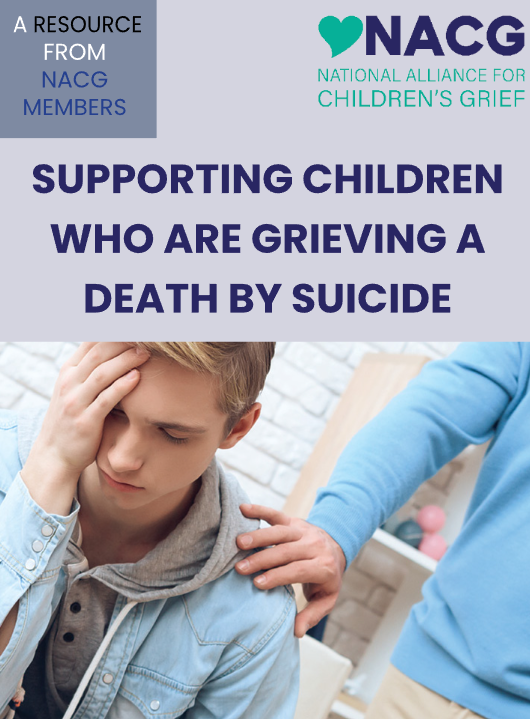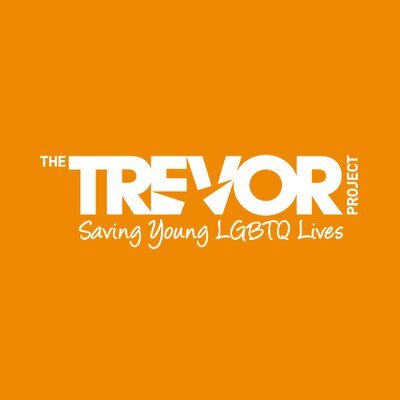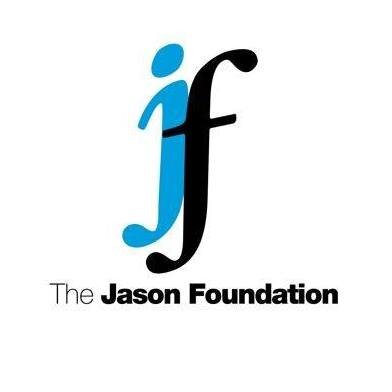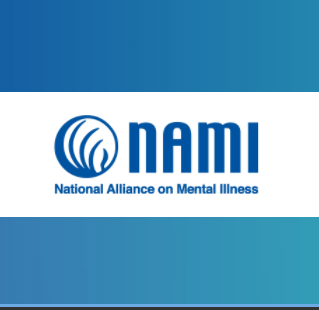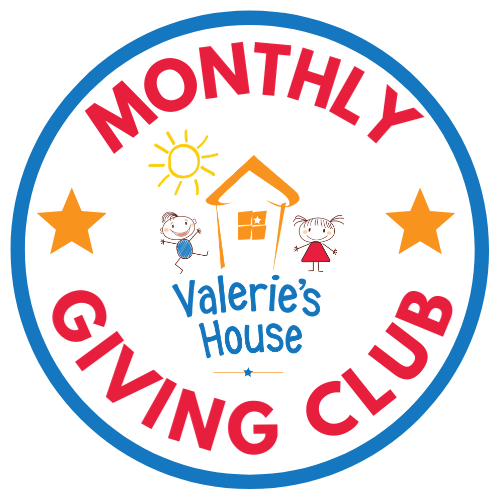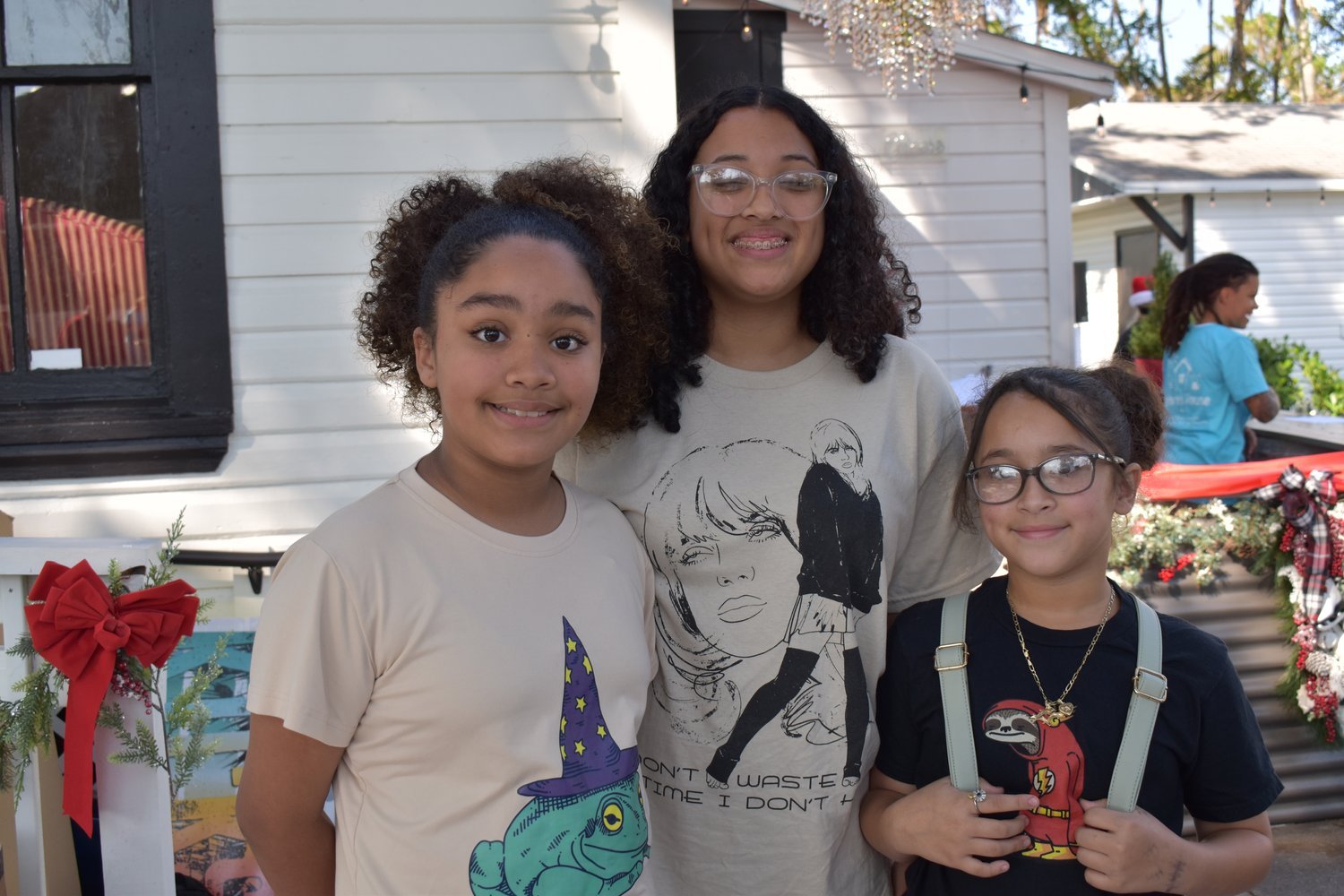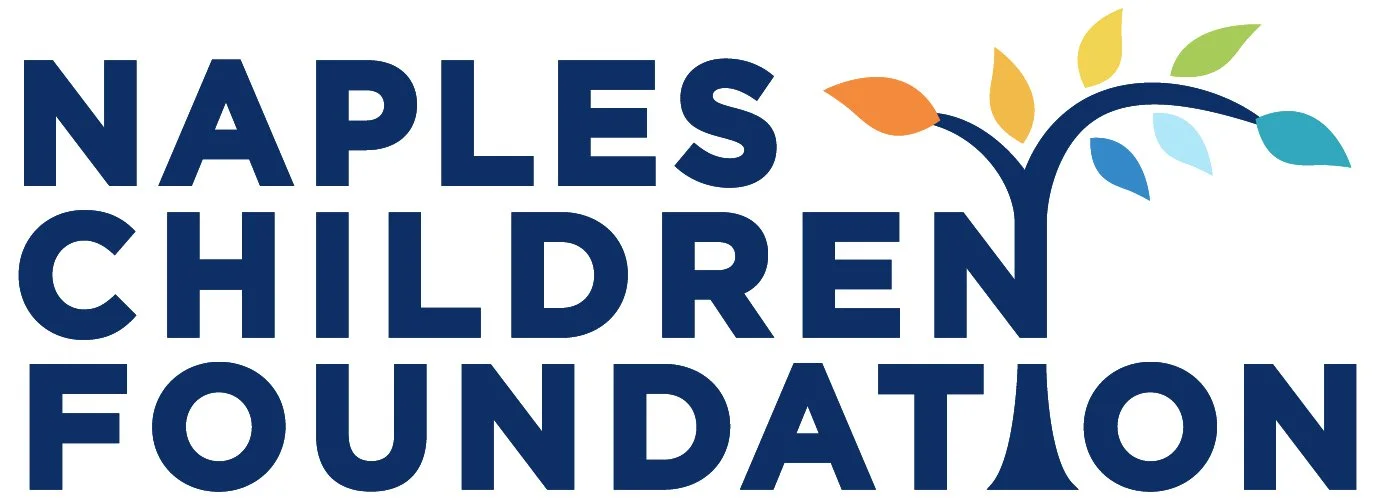Suicide Prevention & Awareness Resources
You are not alone. On this page, you’ll find resources for people who are struggling with suicidal thoughts, warning signs to look for that may hint at suicidal ideation in others (and how you can help), and firsthand accounts from people who have thought about or attempted suicide, and what helped them.
National Suicide Prevention Lifeline:
(800) 273-8255
Or text HOME to 741-741 to connect with a Crisis Text Line Counselor.
For those who have lost a loved one to suicide:
Surviving After a Suicide Loss - Support groups in Naples, Florida
Alliance of Hope - A nationwide resource providing online healing support and other services for people who are coping with a devastating loss to suicide, including an online forum that operates like a 24/7 support group.
Friends for Survival - A national non-profit bereavement outreach organization available to those who are grieving a suicide death of family or friends.
Suicide Awareness Voices of Education (SAVE) - Grief support catered to those who have lost a loved one to suicide
For those having thoughts about suicide or who know someone who is:
Logos are linked to each organization’s website.
Did you know that there are a variety of specialized resources that can help people struggling with major depression and suicidal thoughts, including some that focus on eating disorders, family dynamics, LGBTQA+ matters, and more? See the list.
A Friends Asks - a free smart-phone app created by the Jason Foundation that helps provide the information, tools, and resources to help a friend (or yourself) who may be struggling with thoughts of suicide.
A FIRST-PERSON MESSAGE FOR TEENS
BY STACY HOLLINGSWORTH (COLLEGE STUDENT)
Story courtesy of the Society for Prevention of Teen Suicide.
I used to think that depression and suicide were things that happened to other people, that the way I approached my life somehow prevented me from becoming a victim of mental illness. I realized just how incorrect that assumption was when my own life was turned upside down by major depression.
I first noticed that something was wrong in 8th grade. Apparently, so did one of my teachers, because she asked me if anything was wrong. Unfortunately, she did so in front of the whole class. From that day on, I put up a wall to protect myself from the embarrassment of having a stigmatized illness. I wore a mask—a façade—to cover up what I was actually going through. I didn’t feel comfortable sharing my feelings with any adults in my life at that time.
My depression continued in high school. I was hoping that someone—anyone—would bring up the topics of depression and suicide, so that I wouldn’t have to. In school, there were always lessons about alcohol, drugs, and safe sex—but never ONCE were depression or suicide mentioned. Maybe, just maybe, if the adults in my life had been educated in these topics, I would have felt comfortable asking for help, and I would have been spared years of suffering.
But I’m one of the lucky ones. I did get help. I’m here today as the voice of those who are not yet being heard – the child who’s sitting in a class full of students thinking he or she is the only one feeling this way…or the teen who can’t focus in school because he or she is trapped by the isolation and pain of depression.
Help IS available—ask your friends, your resource staff at school, your parents, or call the suicide hotline at 1-800-273-TALK (1-800-273-8255). The right resources are there—look for them—because they CAN save your life!
Why You Should Stop Saying ‘Committed Suicide’
by Lindsay Holmes
Your words matter, especially when it comes to mental health. One phrase that you may not be aware is particularly egregious? “Committed suicide.”
While the term may seem innocuous, it’s actually laden with blame and stigma. So much so that reporting guidelines outlined by mental health and media organizations strictly advise against using it.
Video: Suicide Attempt Survivors Bust Myths About Suicide
Survivors of suicide attempts and a mental health professional address some of the common misconceptions about suicide and share their personal thoughts about how their attempt affected their lives. Please note, while this video does not show any visuals or descriptions of self-harm, it includes frank discussions about suicide attempts and suicidal thoughts.
The takeaway—there is help and there is hope.



